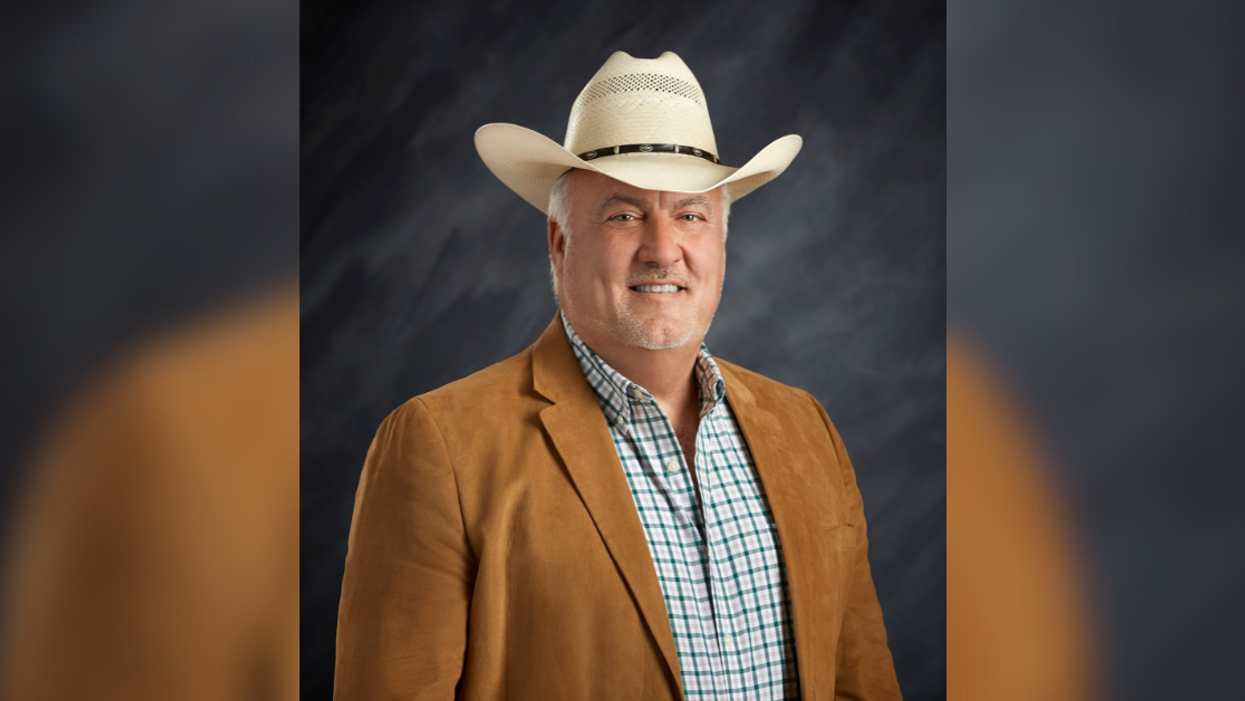A small newspaper in northern Wisconsin, the Wausau Pilot & Review, is grappling with mounting legal bills as it faces a defamation lawsuit initiated by a Republican state lawmaker.
The lawsuit comes after the newspaper reported that the lawmaker allegedly used a homophobic slur to refer to a 13-year-old during a county board meeting in 2021. The legal battle, which has already incurred significant costs for the newspaper, highlights the challenges faced by small news organizations when confronting legal threats.
The Wausau Pilot & Review, with just four employees, has accumulated approximately $150,000 in legal expenses to defend itself against the legal actions brought by Republican State Senator Cory Tomczyk.
Despite a judge dismissing the defamation suit, Tomczyk is appealing the decision, potentially prolonging the legal battle and the financial strain on the newspaper.
The incident in question occurred in August 2021 at the Marathon County Courthouse in Wausau, Wisconsin. The newspaper's reporting was based on social media discussions and interviews with individuals who claimed to have witnessed the incident. The publication faced Tomczyk's demand for a retraction, which it refused, leading to the lawsuit.
In the legal proceedings, Tomczyk admitted to having used the homophobic slur on other occasions, even acknowledging using it in reference to his own brother:
"I have a brother who is a gay guy, and I’ve certainly out of joking and out of spite called him a ‘fa***t’ more than once.”
Regardless of that admission, he contended that the newspaper's report had damaged his reputation. The lawsuit hinges on the legal standard of "actual malice," which requires public figures like state lawmakers to prove that the defendant either knew the information was false or acted recklessly in publishing it.
Despite the judge's dismissal of the lawsuit in April 2023, Tomczyk's ongoing appeal continues to put financial pressure on the newspaper, leaving its future uncertain.
Shereen Siewert, the editor of the Wausau Pilot & Review, told the New York Times:
“Every time I open the mail, I want to throw up. Those dollars could be going to pay reporters for boots on the ground coverage, not paying legal fees for a lawsuit that appears designed to crush us.”
Many have rallied around the newspaper since the news of its predicament went viral.
Unlike some states with anti-SLAPP (Strategic Lawsuit Against Public Participation) laws aimed at safeguarding free speech, Wisconsin lacks such legislation.
Anti-SLAPP laws typically allow defendants to file motions to dismiss lawsuits involving free speech, potentially leading to the plaintiff paying legal fees if the case is dismissed. The absence of such laws leaves news organizations in states like Wisconsin more susceptible to financial strain resulting from legal actions.
Tomczyk, who owns an industrial recycling company, won his first state legislative election last year. His involvement in politics began with protests against COVID-19 prevention measures. His campaign focused on issues like border security and "traditional values" amid his concerns that the U.S. is mirroring the corruption in countries like Russia and Venezuela.








 The Benny Show
The Benny Show





 @neilforreal/Bluesky
@neilforreal/Bluesky @savannahcat/Bluesky
@savannahcat/Bluesky @qadishtujessica.inanna.app
@qadishtujessica.inanna.app @v-ron/Bluesky
@v-ron/Bluesky @nelnelnellie/Bluesky
@nelnelnellie/Bluesky @beatlenumber9/Bluesky
@beatlenumber9/Bluesky @pinkzombierose/Bluesky
@pinkzombierose/Bluesky
 @theunobsolete/TikTok
@theunobsolete/TikTok @theunobsolete/TikTok
@theunobsolete/TikTok @theunobsolete/TikTok
@theunobsolete/TikTok @theunobsolete/TikTok
@theunobsolete/TikTok @theunobsolete/TikTok
@theunobsolete/TikTok @theunobsolete/TikTok
@theunobsolete/TikTok @theunobsolete/TikTok
@theunobsolete/TikTok @theunobsolete/TikTok
@theunobsolete/TikTok @theunobsolete/TikTok
@theunobsolete/TikTok @theunobsolete/TikTok
@theunobsolete/TikTok @theunobsolete/TikTok
@theunobsolete/TikTok @theunobsolete/TikTok
@theunobsolete/TikTok @theunobsolete/TikTok
@theunobsolete/TikTok @theunobsolete/TikTok
@theunobsolete/TikTok @theunobsolete/TikTok
@theunobsolete/TikTok @theunobsolete/TikTok
@theunobsolete/TikTok @theunobsolete/TikTok
@theunobsolete/TikTok
 @laysuperstar/TikTok
@laysuperstar/TikTok @laysuperstar/TikTok
@laysuperstar/TikTok @laysuperstar/TikTok
@laysuperstar/TikTok @laysuperstar/TikTok
@laysuperstar/TikTok @laysuperstar/TikTok
@laysuperstar/TikTok @laysuperstar/TikTok
@laysuperstar/TikTok @laysuperstar/TikTok
@laysuperstar/TikTok @laysuperstar/TikTok
@laysuperstar/TikTok @laysuperstar/TikTok
@laysuperstar/TikTok @laysuperstar/TikTok
@laysuperstar/TikTok @laysuperstar/TikTok
@laysuperstar/TikTok @laysuperstar/TikTok
@laysuperstar/TikTok @laysuperstar/TikTok
@laysuperstar/TikTok @laysuperstar/TikTok
@laysuperstar/TikTok @laysuperstar/TikTok
@laysuperstar/TikTok